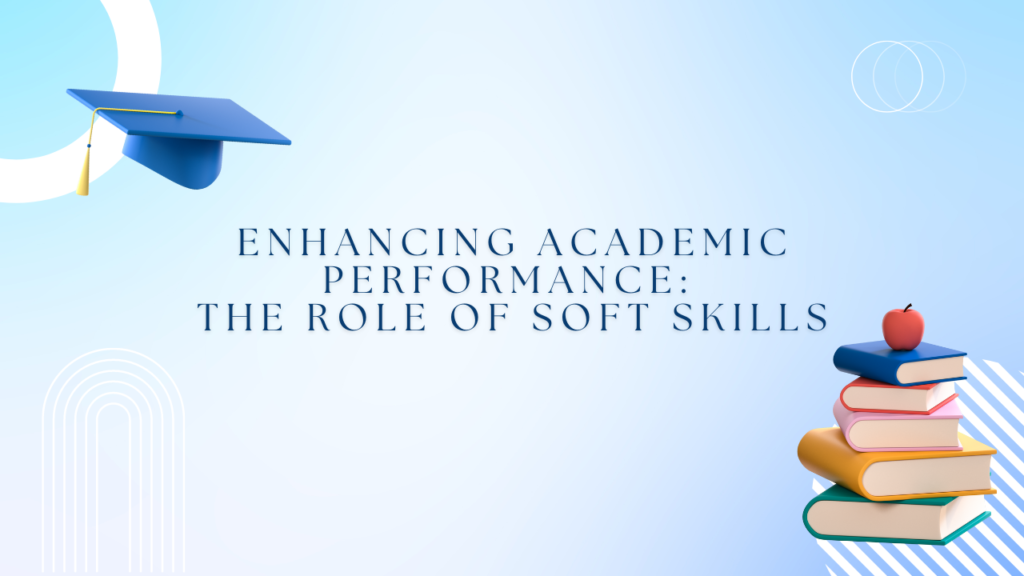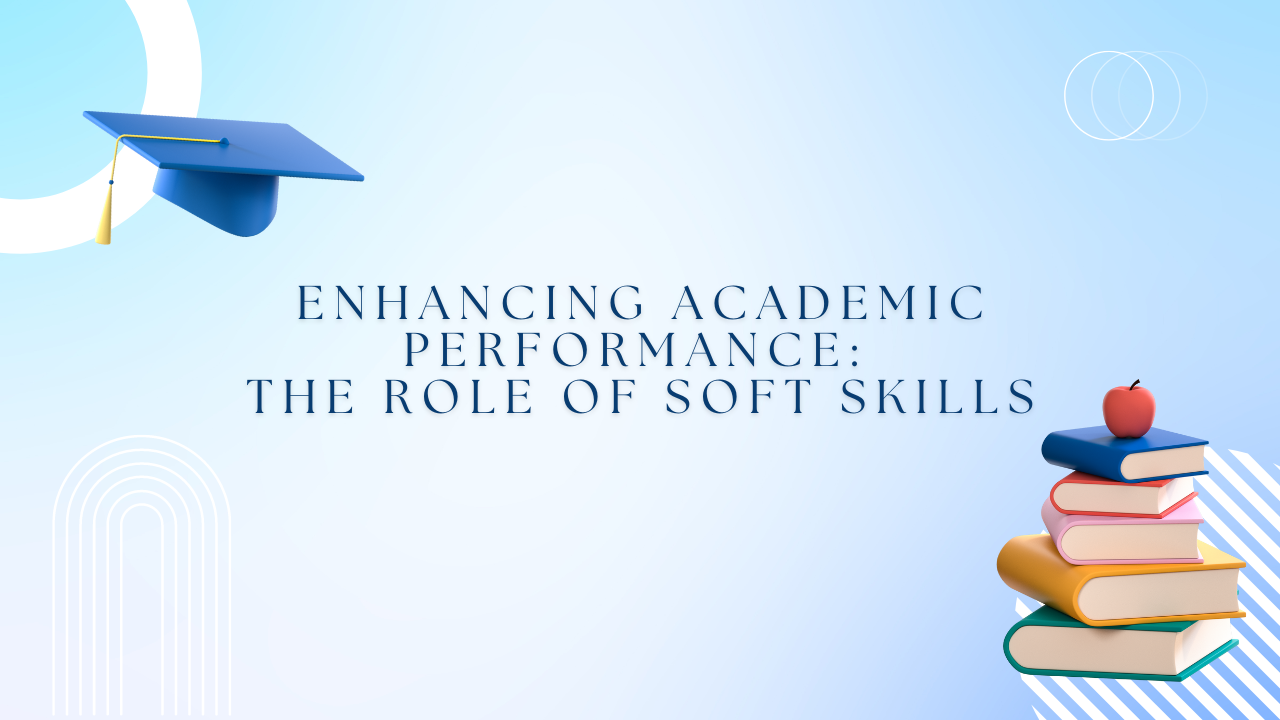
Academic success is often measured by grades, knowledge acquisition, and the ability to apply learned concepts. While subject-specific knowledge (hard skills) is essential, the development of certain soft skills like communication, time management, and teamwork plays a crucial role in enhancing academic performance. These skills not only help students excel in their studies but also prepare them for the challenges they will face in their professional lives.
1. Communication Skills and Academic Success
Effective communication is vital in every aspect of education. It enables students to articulate their ideas clearly, understand complex concepts, and collaborate with peers and instructors. Here’s how communication skills contribute to academic success:
• Class Participation: Active participation in class discussions is crucial for deepening understanding. Students who communicate well can ask questions, express opinions, and engage in debates, leading to a more enriched learning experience.
• Writing Skills: Academic success often hinges on the ability to write well, whether in essays, reports, or exam answers. Clear and concise writing reflects a student’s understanding of the material and their ability to convey complex ideas in a structured manner.
• Presentations: Many academic programs require students to present their work to peers and professors. Strong verbal communication skills help students deliver their ideas confidently and persuasively, which can lead to better grades and recognition.
• Interpersonal Communication: Building good relationships with professors and peers can provide academic support, mentorship, and collaboration opportunities, enhancing the overall learning experience.
2. Time Management Skills and Academic Performance
Time management is one of the most critical skills for academic success. Students often juggle multiple responsibilities, including attending classes, completing assignments, studying for exams, and participating in extracurricular activities. Effective time management allows students to balance these tasks efficiently, reducing stress and improving performance.
• Prioritization: By identifying the most important tasks and focusing on them first, students can ensure they meet deadlines and excel in their studies. Prioritization helps prevent last-minute rushes, which often lead to subpar work and lower grades.
• Planning and Organization: Successful students often plan their weeks and months in advance, allocating specific times for studying, assignments, and relaxation. This structured approach ensures that all academic responsibilities are met without overwhelming the student.
• Avoiding Procrastination: Time management skills help students recognize and combat procrastination. By breaking tasks into smaller, manageable parts and setting deadlines for each, students can stay on track and avoid the stress of cramming before exams or deadlines.
• Balance: Effective time management also involves balancing academic work with personal life, ensuring students maintain mental and physical health, which is essential for sustained academic performance.
3. Teamwork Skills and Academic Success
Teamwork is increasingly emphasized in academic settings, reflecting the collaborative nature of the modern workplace. Group projects, study groups, and collaborative research are common in higher education, and the ability to work well with others is crucial for success in these areas.
• Collaboration: Teamwork skills enable students to work effectively in groups, combining different strengths to achieve a common goal. This collaborative effort often leads to more innovative solutions and a deeper understanding of the subject matter.
• Conflict Resolution: In any group setting, conflicts can arise due to differing opinions or work styles. Students with strong teamwork skills can navigate these conflicts constructively, ensuring that group projects stay on track and that all members contribute effectively.
• Leadership and Responsibility: Working in teams also allows students to take on leadership roles, where they can develop decision-making and organizational skills. Even when not leading, contributing responsibly to a team effort is key to ensuring that all group members benefit and succeed.
• Peer Learning: Teamwork provides opportunities for peer learning, where students can learn from each other’s strengths and perspectives. This exchange of ideas can lead to a deeper understanding of the subject and improved academic performance.



